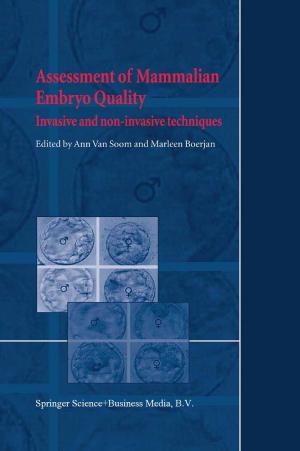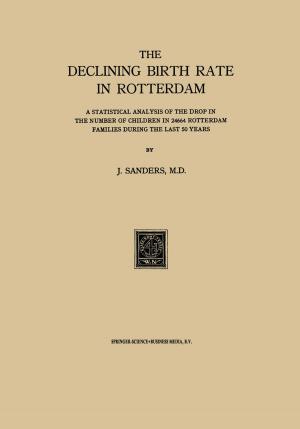The Social Psychology of English as a Global Language
Attitudes, Awareness and Identity in the Japanese Context
Nonfiction, Reference & Language, Language Arts, Linguistics| Author: | Robert M. McKenzie | ISBN: | 9789048185665 |
| Publisher: | Springer Netherlands | Publication: | August 18, 2010 |
| Imprint: | Springer | Language: | English |
| Author: | Robert M. McKenzie |
| ISBN: | 9789048185665 |
| Publisher: | Springer Netherlands |
| Publication: | August 18, 2010 |
| Imprint: | Springer |
| Language: | English |
This ground-breaking work is a detailed account of an innovative and in-depth study of the attitudes of in excess of 500 Japanese learners towards a number of standard and non-standard as well as native and non-native varieties of English speech. The research conducted refines the investigation of learner attitudes by employing a range of pioneering techniques of attitude measurement. These methods are largely incorporated from the strong traditions that exist in the fields of social psychology and second language acquisition and utilize both direct and indirect techniques of attitude measurement. The author locates the findings in the context of the wealth of literature on native speaker evaluations of languages and language varieties.
The study is unique in that the results provide clear evidence of both attitude change and high levels of linguistic awareness among the informants of social and geographical diversity within the English language. These findings are analyzed in detail in relation to the global spread of English as well as in terms of the pedagogical implications for the choice of linguistic model employed in English language classrooms both inside and outside Japan.
The issues examined are of particular interest to educators, researchers and students in the fields of applied linguistics, TESOL, second language acquisition, social psychology of language and sociolinguistics. The pedagogical and language policy implications of the findings obtained make essential reading for those with a specific focus on the role of the English language and English language teaching, both in Japan and beyond.
This ground-breaking work is a detailed account of an innovative and in-depth study of the attitudes of in excess of 500 Japanese learners towards a number of standard and non-standard as well as native and non-native varieties of English speech. The research conducted refines the investigation of learner attitudes by employing a range of pioneering techniques of attitude measurement. These methods are largely incorporated from the strong traditions that exist in the fields of social psychology and second language acquisition and utilize both direct and indirect techniques of attitude measurement. The author locates the findings in the context of the wealth of literature on native speaker evaluations of languages and language varieties.
The study is unique in that the results provide clear evidence of both attitude change and high levels of linguistic awareness among the informants of social and geographical diversity within the English language. These findings are analyzed in detail in relation to the global spread of English as well as in terms of the pedagogical implications for the choice of linguistic model employed in English language classrooms both inside and outside Japan.
The issues examined are of particular interest to educators, researchers and students in the fields of applied linguistics, TESOL, second language acquisition, social psychology of language and sociolinguistics. The pedagogical and language policy implications of the findings obtained make essential reading for those with a specific focus on the role of the English language and English language teaching, both in Japan and beyond.















